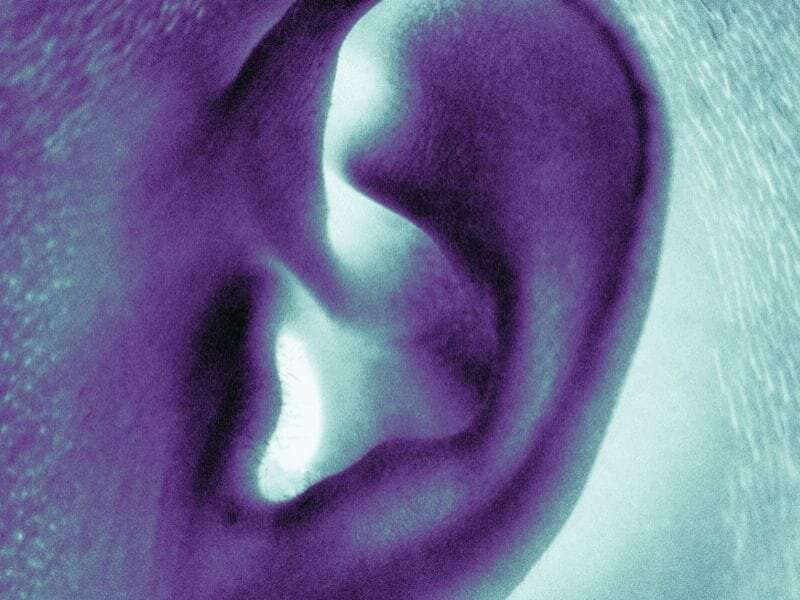(HealthDay)—Severe hearing impairment (HI) in childhood cancer survivors is associated with neurocognitive deficits, according to a study recently published in JAMA Oncology.
Johnnie K. Bass, Ph.D., from St. Jude Children's Research Hospital in Memphis, Tennessee, and colleagues assessed hearing and neurocognitive function in 1,520 long-term survivors of childhood cancer (five or more years) participating in the St. Jude Lifetime Cohort Study (April 25, 2007, to June 30, 2017).
The researchers found that the prevalence and risk for severe HI among survivors were higher in those exposed to platinum-only (relative risk [RR], 1.68; 95 percent confidence interval [CI], 1.20 to 2.37) or cochlear radiotherapy (RR, 2.69; 95 percent CI, 2.02 to 3.57) versus the no-exposure group. There was an association between severe HI and deficits in verbal reasoning skills (no-exposure group: RR, 1.11; 95 percent CI, 0.50 to 2.43; platinum-only exposure group: RR, 1.93; 95 percent CI, 1.21 to 3.08; cochlear radiotherapy exposure group: RR, 2.00; 95 percent CI, 1.46 to 2.75), verbal fluency (no-exposure group: RR, 1.86; 95 percent CI, 1.19 to 2.91; platinum-only exposure group: RR, 1.83; 95 percent CI, 1.24 to 2.71; cochlear radiotherapy exposure group: RR, 1.45; 95 percent CI, 1.09 to 1.94), visuomotor speed (no-exposure group: RR, 1.87; 95 percent CI, 1.07 to 3.25; platinum-only exposure group: RR, 3.10; 95 percent CI, 1.92 to 4.99; cochlear radiotherapy exposure group: RR, 1.40; 95 percent CI, 1.11 to 1.78), and mathematics skills (no-exposure group: RR, 1.90; 95 percent CI, 1.18 to 3.04; platinum-only exposure group: RR, 1.63; 95 percent CI, 1.05 to 2.53; cochlear radiotherapy exposure group: RR, 1.58; 95 percent CI, 1.15 to 2.18) versus survivors with normal hearing or with mild HI.
"Early screening and intervention for HI may facilitate the development
and maintenance of neurocognitive function and identify individuals at risk for impairment," the authors write.
One author disclosed financial ties to the pharmaceutical industry.
More information:
Abstract/Full Text (subscription or payment may be required)
Editorial (subscription or payment may be required)
Journal information: JAMA Oncology
Copyright © 2020 HealthDay. All rights reserved.
























